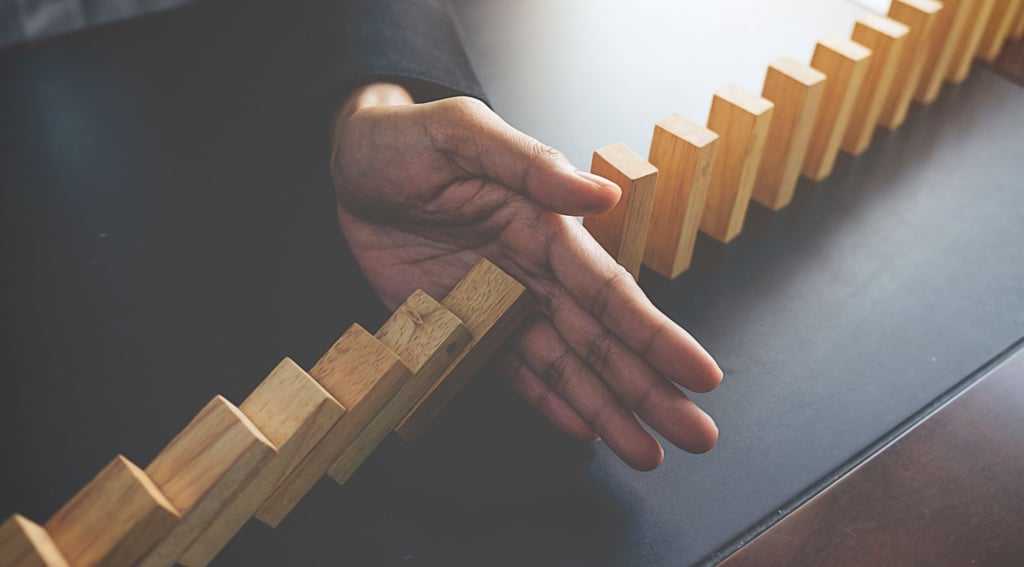Failure as Teacher: Lessons from Successful People
Failure as Teacher: Lessons from Successful People. Every major success story is built on a foundation of failures. Instead of fearing mistakes, embrace them as stepping stones.
MOTIVATION & SUCCESS STORIES
K.N.
8/15/20254 min read


Why Failure is the Best Teacher
Failure is a word that can make us feel really uneasy. But inside that scary word is something super important: lessons that can help us do better next time. Lots of successful people say that their biggest wins came after they messed up.
Nobody likes to fail. It stings, it's embarrassing, and it makes us question everything we thought we knew about ourselves. But here's the thing that successful people have figured out: failure isn't the opposite of success, it's actually success's best friend and most valuable teacher.
The School of Hard Knocks Actually Works
Think about it – when everything goes smoothly, what do you really learn? Sure, you might get a confidence boost, but you're basically just confirming what you already knew worked. Failure, on the other hand, is like having a brutally honest mentor who doesn't sugarcoat anything. It shows you exactly where your weaknesses are, what you didn't prepare for, and which assumptions were totally wrong.
Take Steve Jobs, for example. Getting fired from Apple – the company he co-founded – was probably one of the most humiliating professional failures anyone could imagine. But those years away from Apple taught him lessons about leadership, product development, and company culture that he never would have learned otherwise. When he came back, he wasn't just the same guy with a second chance; he was a completely different leader who had learned from his mistakes.
Real-World MBA Programs (No Tuition Required)
Some of the most successful entrepreneurs (people who start and manage businesses. They take on financial risks to come up with new ideas and add value to the marketplace) will tell you that their failures were worth more than any business school degree. Sara Blakely, who built Spanx into a billion-dollar empire, actually credits her door-to-door sales rejections for teaching her resilience and how to handle "no" as just part of the process, not a personal attack.
The beautiful thing about failure as a teacher is that it's incredibly personalized. Your failures teach you lessons that are specifically tailored to your blind spots, your industry, and your unique situation. No textbook or seminar could give you that kind of customized education.
The Pattern Recognition Superpower
Here's where it gets interesting – people who've failed multiple times develop this almost supernatural ability to spot problems before they become disasters. They've seen the warning signs before because they've lived through the consequences.
Oprah Winfrey was fired from her first television job for being "too emotionally invested" in her stories. That failure taught her that her emotional connection to people wasn't a weakness to be fixed, but actually her greatest strength. She just needed to find the right environment where that trait would be valued instead of criticized.
Building Your Failure Resume
The most successful people often have what you might call an impressive "failure resume." James Dyson created over 5,000 prototypes before perfecting his revolutionary vacuum cleaner. Each "failed" prototype wasn't really a failure – it was data. It was information about what didn't work, which brought him one step closer to what would work.
This is why some venture capitalists actually prefer to invest in entrepreneurs (people who start and manage businesses) who've failed before. They know these founders have learned lessons that can't be taught in any other way. They've developed problem-solving muscles and mental toughness that only come from getting knocked down and having to figure out how to get back up.
The Resilience Factor
Maybe the most valuable lesson failure teaches is resilience – not just the ability to bounce back, but the deep knowledge that you can bounce back. Once you've survived a real failure and rebuilt from it, you develop this quiet confidence that you can handle whatever comes next.
Michael Jordan, arguably the greatest basketball player of all time, was cut from his high school basketball team. That failure lit a fire in him that probably wouldn't have existed if he'd made the team easily. He later said that failure fueled his entire career, making him work harder than he ever would have otherwise.
The Permission to Take Bigger Risks
Once you've failed at something significant and survived, it actually becomes easier to take risks in the future. You realize that failure isn't the end of the world – it's just feedback. This means successful people who've failed before are often more willing to take the big swings that lead to breakthrough innovations and massive success.
Learning to Fail Forward
The important part isn't to escape failure; it's about figuring out how to learn from it and move ahead. This means learning everything you can from your mistakes, changing how you do things, and using what you learn to make smarter choices in the future. It's about making mistakes quickly and at a lower cost so you can keep trying new things and reach success faster.
Amazon's Jeff Bezos built this philosophy right into his company culture. Amazon has had plenty of failures (remember the Fire Phone?), but they treat each one as a learning opportunity that informs their next big bet.
The Bottom Line
Success might feel better in the moment, but failure is what actually makes you better in the long run. It strips away your illusions, shows you what you're really made of, and teaches you lessons that stick with you forever.
So the next time you fail at something – and you will, because anyone doing anything worthwhile fails sometimes – try to see it for what it really is: not a roadblock, but a masterclass in what you need to know to succeed next time. Your failures aren't writing your story; they're editing it, making it stronger and more interesting with every revision.
After all, the most successful people aren't the ones who never failed – they're the ones who failed the most and learned the most from each failure. Now that's a lesson worth learning. As Henry Ford said, "Failure is simply the opportunity to begin again, this time more intelligently."
Thanks for reading
Subscribe, read new articles and support our work along the way.
Similar Posts
Life Is Tough Make It Chillable!
LITMICH © 2025. All rights reserved.


Please follow us & like us:
Contact Us
